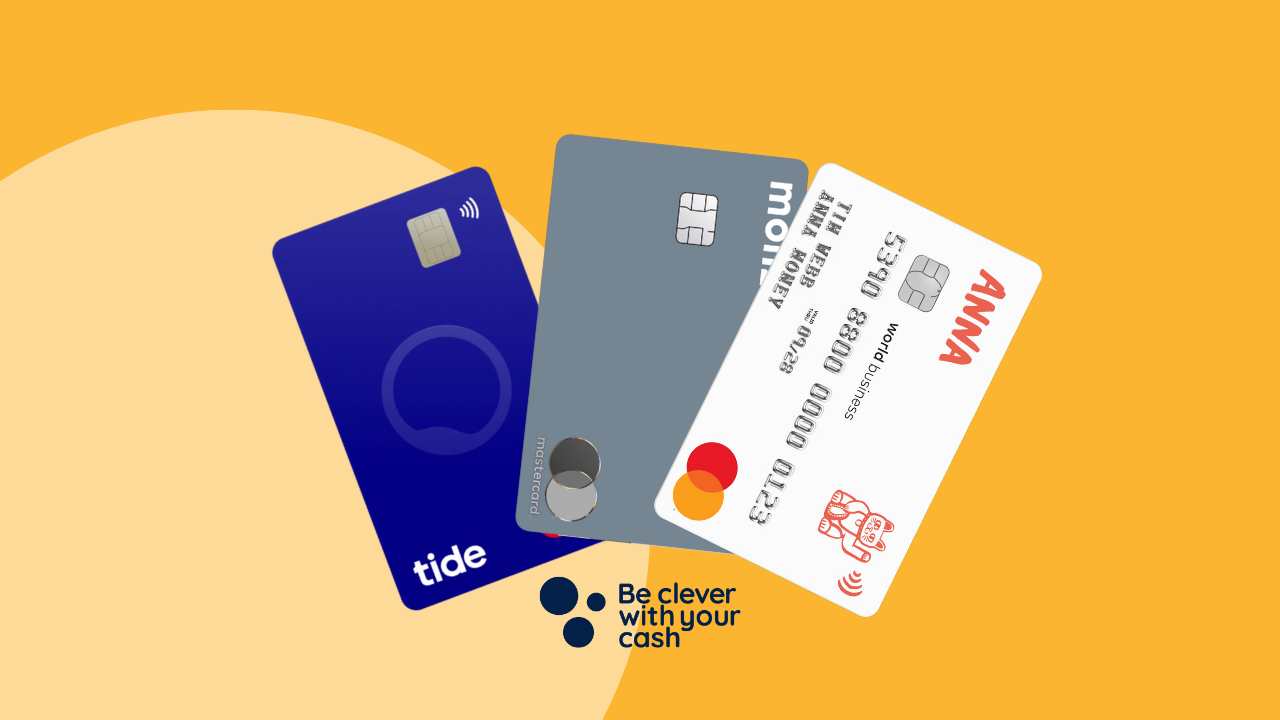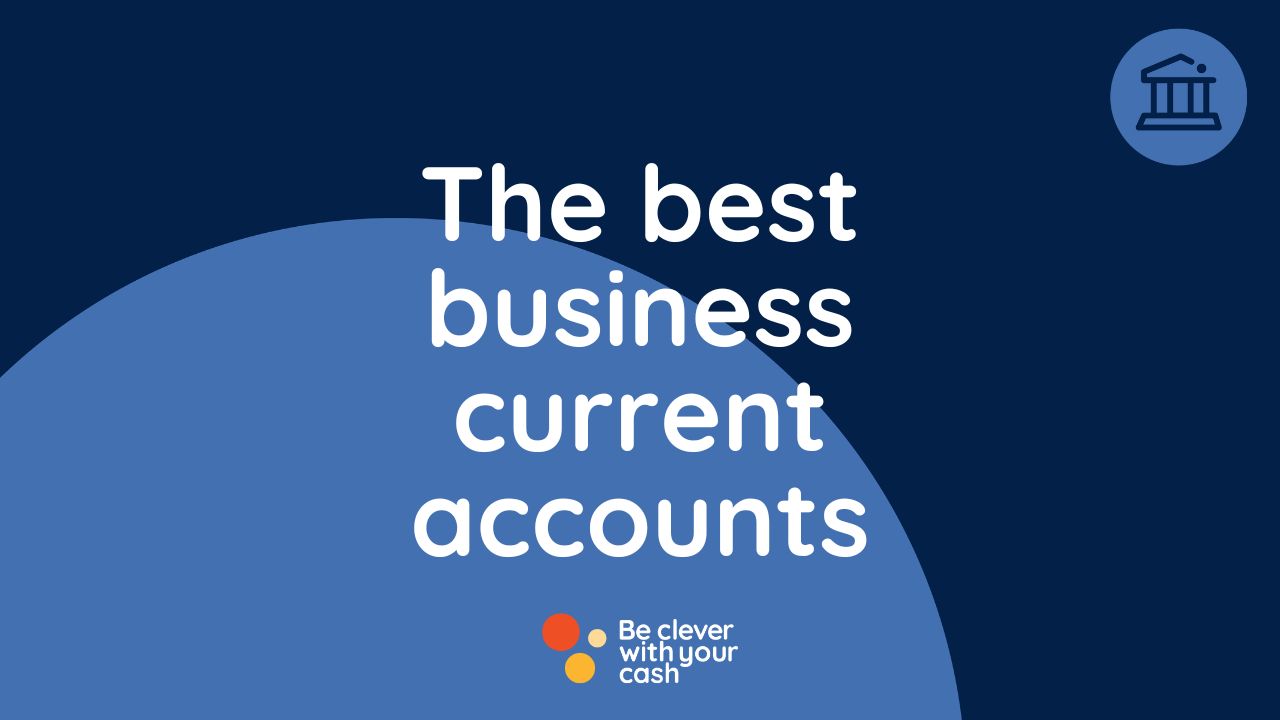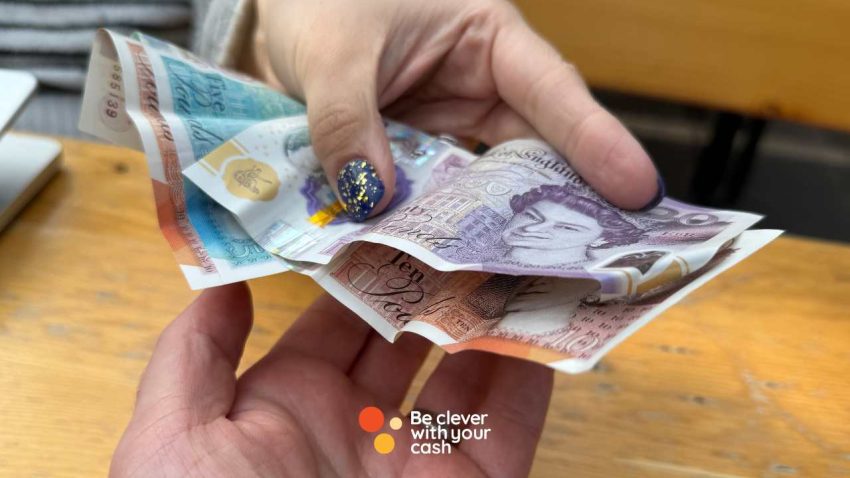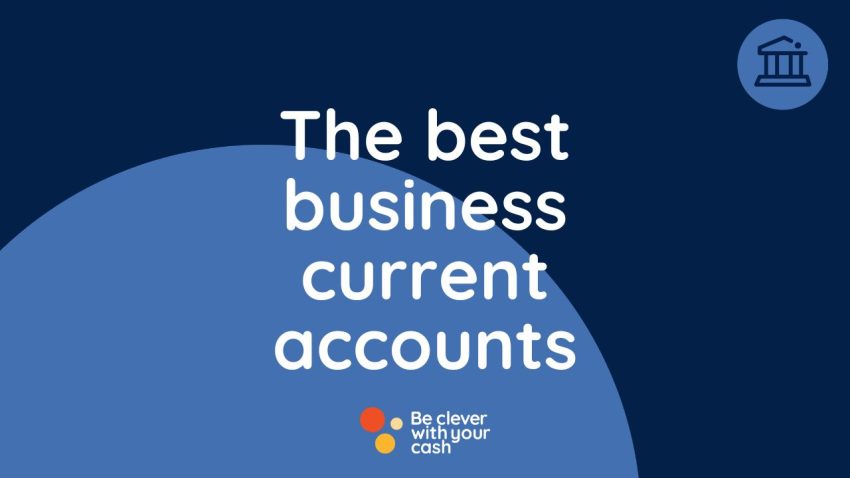Everything you need to know about bank accounts for your business
Starting a business is tough enough, let alone having to handle the finances. Business bank accounts can be helpful to keep your business finances separate from your own, and may even be legally necessary. Here’s how to work out if you need one and how to compare them.

Some articles on the site contain affiliate links, which provide a small commission to help fund our work. However, they won’t affect the price you pay or our editorial independence. Read more here.
What is a business bank account?
When you start to earn money into your business, it can get a bit messy having it all go into your regular bank account. A business bank account is a separate account to use for your business finances. This is where you can receive any income into the business and it’ll come with a debit card for making business purchases. This lets you keep better track of the money coming in and out of your business and can make tax returns easier.
These accounts are broadly the same as personal bank accounts, although they’re more tailored to business finances, so they might be able to work alongside accounting software, have invoicing tools and let you categorise your spending.
You may have to pay a monthly or annual fee to have a business account, or there might be fees for withdrawals or deposits.
Do I need a business bank account?
While business bank accounts are a great way to manage your business finances, not everyone needs one. If you’re a sole trader or freelancer, you can just use your regular bank account or open a secondary personal account as you don’t need a business bank account.
However, if you have a limited company that’s registered with Companies House, you’re required to have a business bank account. This is because your business legally needs to have separate finances from you and other business owners as it’s its own legal entity.
You’ll most likely need to have a business bank account if you want to get a business loan or business credit card — though not necessarily with the same financial provider.
A business bank account allows you to build your business’ credit score, which can be helpful if you plan to take out business loans or credit cards in the future.
Some accounts are limited to certain types of businesses, so you’ll need to check that your business is eligible to have an account with your chosen bank.
Can I use my personal account for my business?
You can use your personal bank account for your business if you’re a sole trader or in a partnership, but not if you have a limited registered company. Be sure to check the terms and conditions of your personal bank account to make sure it can be used for business purposes, as some companies don’t allow it.
This can work well for sole-traders, especially when just starting out. However, you probably will benefit from having your business finances separated from your personal ones, to allow you to keep track of cashflow and expenses. You could choose to set up a separate personal bank account for your business rather than open a dedicated business. There you can keep all of your business money, have invoices paid into and make business transactions.
If you’re part of a partnership, while you can use your personal accounts, it may be more sensible to get a business account. This then keeps your business expenses separated and keeps you both in control of the business finances. If you’re part of a Limited Partnership, you can’t use a personal account for your business.
Get the best of our money saving content every week, straight to your inbox
Plus, new Quidco customers get a high paying £18 welcome offer

How much does a business bank account cost?
Business bank accounts are more likely to charge fees than personal accounts, however there are business accounts without monthly or annual fees. The other fees you might come across include:
- Initial set-up fee
- Cash deposit fees
- Cash withdrawal fees
- Transaction fees
- Fees for payments in
- Fees for transfers out
When choosing which account you want to open, you should consider what your business is likely going to need. For example, if you have a business that tends to take a lot of cash payments, you might be more interested in getting free cash deposits. If you have lots of expenses, cashback and rewards are more likely to outweigh the costs.
How to open a business bank account
You’ll first want to compare business bank accounts to find one that suits you and your business. Then head to your chosen provider, where you’ll be able to confirm that your business is eligible to apply and apply for an account.
To open a business bank account, you’ll need to have the following to hand:
- Proof of identity
- Proof of address
- Tax information – such as your unique tax reference
- The name of your business
- Date you started the business
- Business address
- Details of existing business bank accounts – if you’re switching
- What your business does
- How many employees you have
- Expected turnover and existing funds
- How much money you expect to receive into your business
 Featured switching deal
Featured switching deal
 Customer rating
3.8/5
Customer rating
3.8/5
- Switch bonus£200
- Offer endsUnknown
- FSCS Protected? Yes
- Bonus requirements Switch using the Current Account Switch Service and close your old account within 60 days of starting the switch
- Deposit requirements Deposit £1,500 in the first 60 days from opening the account
- Direct debits transferred over Set up two Direct Debits before or after the switch from a selected list of household bills
- Existing customers? Can't have held any Santander current account on 1 January 2025
- Restrictions Can't have received a switching bonus from Santander already, offer limited to once per person
- Eligible accounts Open a new or hold an existing Everyday, Edge, Edge Up or Edge Explorer current account
Can a business have multiple accounts?
Yes! It’s possible to have multiple business accounts as you see fit. This might be to separate different types of transactions or business, or to simply make the most out of rewards available.
You’ll want to double check that you’re eligible for a business account before you apply for it, and be sure to understand the fees you may be charged, as having multiple accounts could be costly if you opt for one with annual or monthly fees.
Can you switch business bank accounts?
You can switch business bank accounts using the Current Account Switching Service (CASS), which lets you switch accounts within seven days and your old account will be closed. With personal banking, there are often switch incentives for doing this, but you sadly don’t get these with business accounts.






